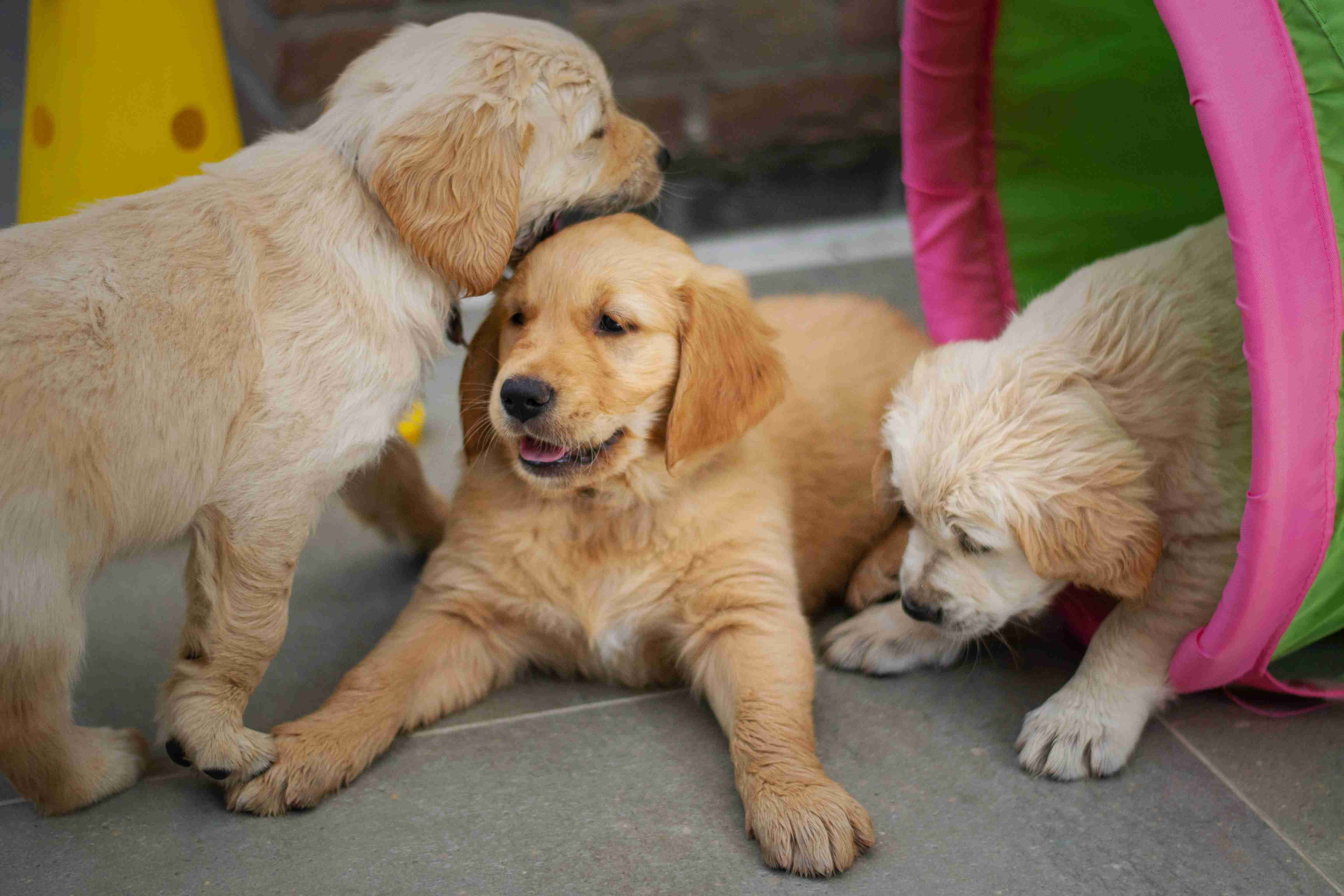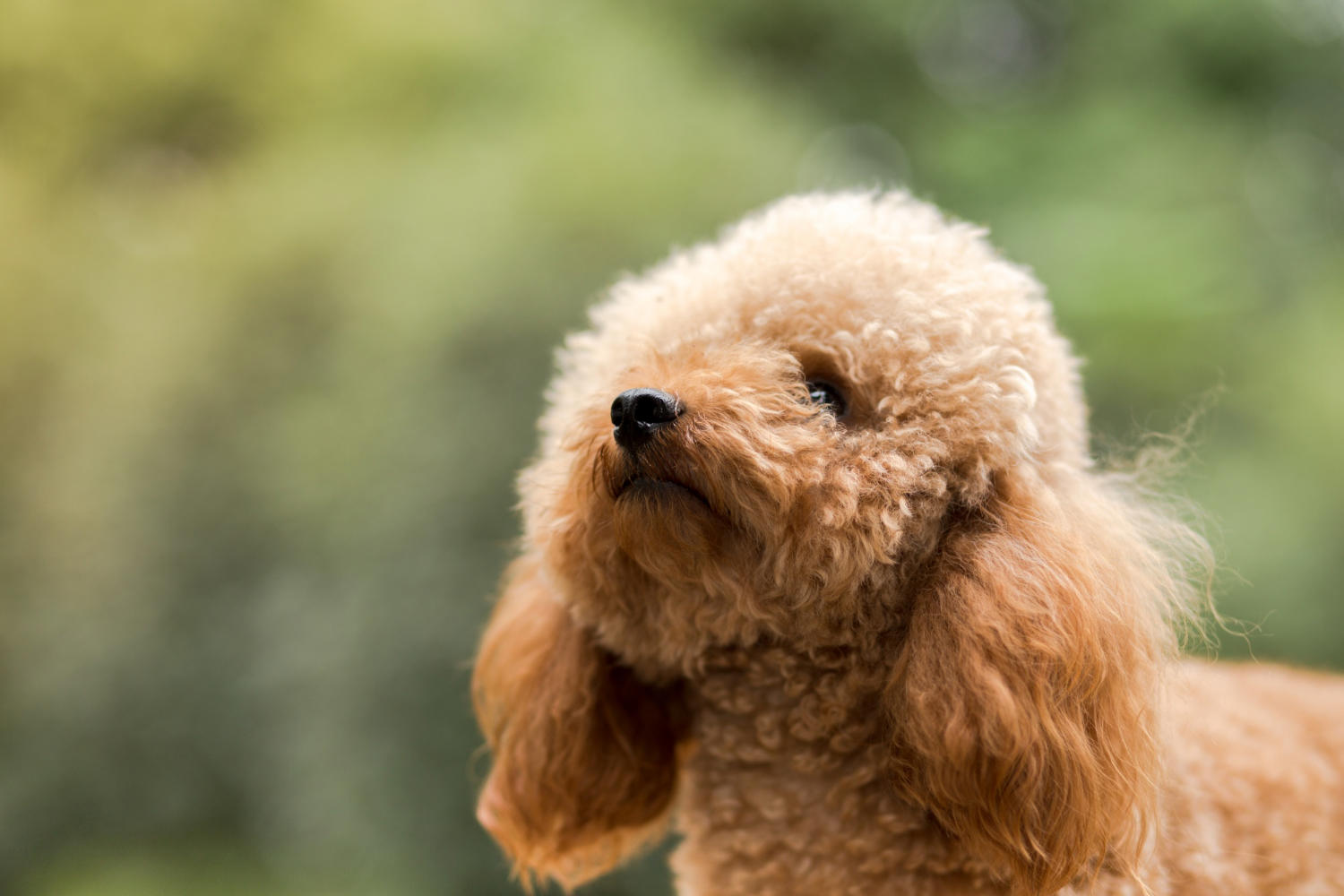Are you a proud parent of a border collie puppy? Congratulations! Border collies are known for their intelligence, athleticism, and loyalty, making them a popular choice for many families. However, as with any breed, border collie puppies may experience certain behavioral issues that require attention and training. In this blog post, we’ll explore some of the most common behavioral issues that border collie puppies may exhibit and provide tips for training and addressing these behaviors. Whether you’re a first-time border collie owner or a seasoned pro, this guide will help you understand and overcome any behavioral challenges that may arise with your furry friend. So, let’s dive in!
Border Collie puppies are known for their high energy, intelligence, and trainability. With their adorable faces and playful personalities, it’s easy to fall in love with these furry friends. However, as with any breed, Border Collie puppies can also have their fair share of behavioral issues. In this guide, we’ll take a closer look at some of the most common behavioral issues in Border Collie puppies and how to address them.
1. Excessive Barking
Border Collies are known to be vocal dogs, but excessive barking can be a problem. This behavior can be a sign of boredom, anxiety, or a lack of exercise. To address this issue, try increasing your puppy’s exercise routine and providing them with plenty of mental stimulation. You can also train your puppy to be quiet on command using positive reinforcement techniques.
2. Destructive Chewing
Border Collie puppies have a strong urge to chew, and if left unchecked, this behavior can lead to destruction of furniture, shoes, and other household items. To prevent destructive chewing, provide your puppy with plenty of appropriate chew toys and supervise them closely when they’re out of their crate. If you catch your puppy chewing on something they shouldn’t, redirect them to their chew toy and praise them when they start chewing on it instead.
3. Separation Anxiety
.jpg)
Border Collies are known to be very attached to their owners and can experience separation anxiety when left alone. This can lead to destructive behavior, excessive barking, and other problems. To prevent separation anxiety, gradually acclimate your puppy to being alone by leaving them alone for short periods of time and gradually increasing the duration. You can also provide your puppy with plenty of mental stimulation, such as puzzle toys, to keep them occupied while you’re away.
4. Aggression
While Border Collies are typically friendly and social dogs, they can display aggressive behavior if not properly socialized and trained. This can include growling, snapping, and biting. To prevent aggression, it’s important to socialize your puppy with people and other dogs from a young age. You should also use positive reinforcement techniques to train your puppy to obey commands and discourage aggressive behavior.
5. Hyperactivity
Border Collies are known for their high energy levels, but excessive hyperactivity can be a problem. This behavior can be a sign of boredom, anxiety, or a lack of exercise. To address hyperactivity, provide your puppy with plenty of exercise and mental stimulation. You can also train your puppy to settle down on command using positive reinforcement techniques.
Overall, Border Collie puppies can have their fair share of behavioral issues, but with proper training and socialization, these issues can be addressed. By providing your puppy with plenty of exercise, mental stimulation, and positive reinforcement, you can help them become well-behaved and happy members of your family.
In conclusion, border collie puppies are adorable and intelligent dogs that require a lot of attention and training to prevent common behavioral issues. By understanding these issues, you can take the necessary steps to prevent them from occurring and ensure that your border collie puppy grows up to be a well-behaved and happy adult dog. Remember, patience, consistency, and positive reinforcement are key in training your border collie puppy. With the right approach, you’ll be rewarded with a loyal and loving companion for years to come.


.jpg)
%20-%20Copy.jpg)
.jpg)

%20-%20Copy.jpg)

%20-%20Copy.jpg)